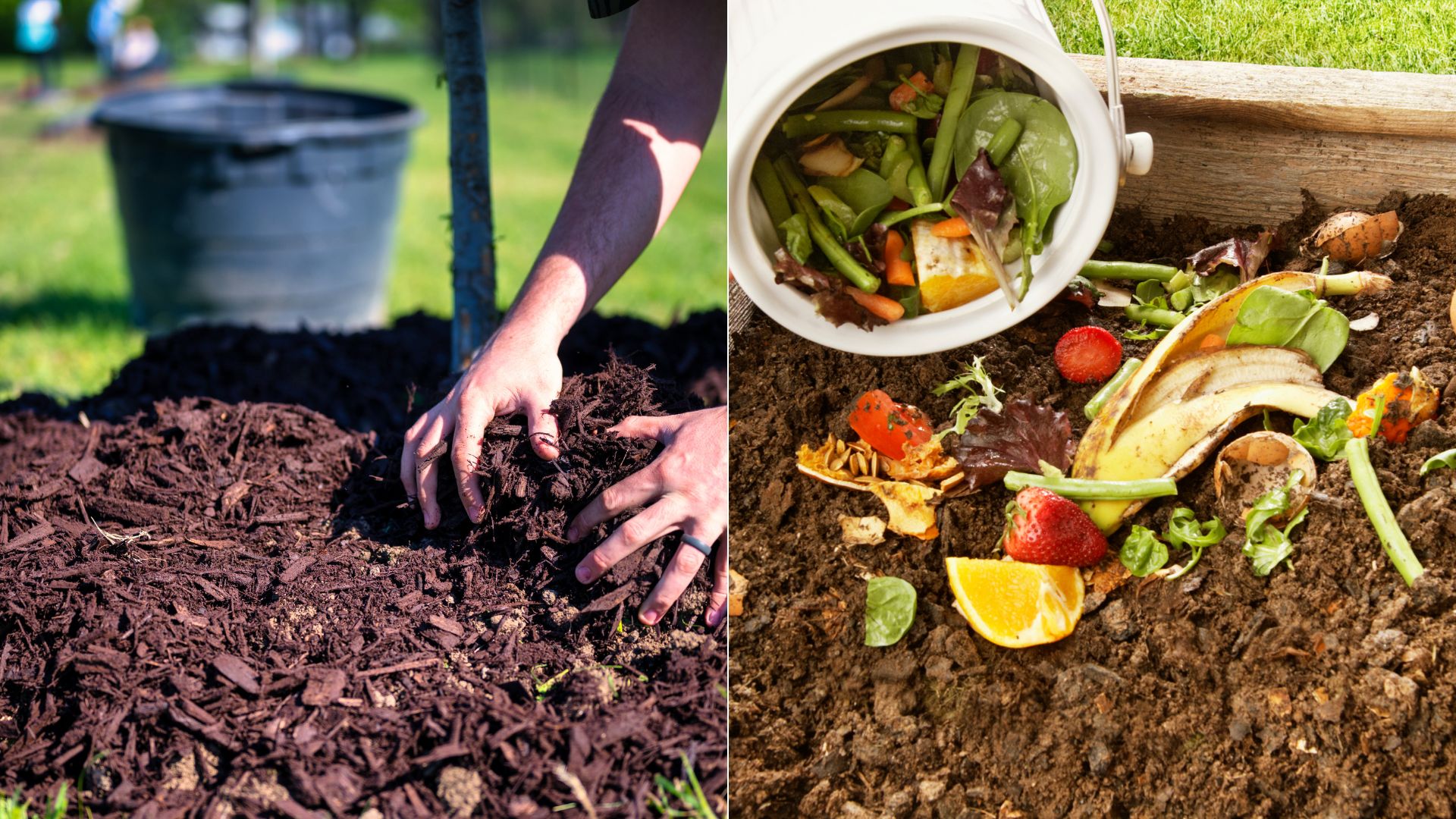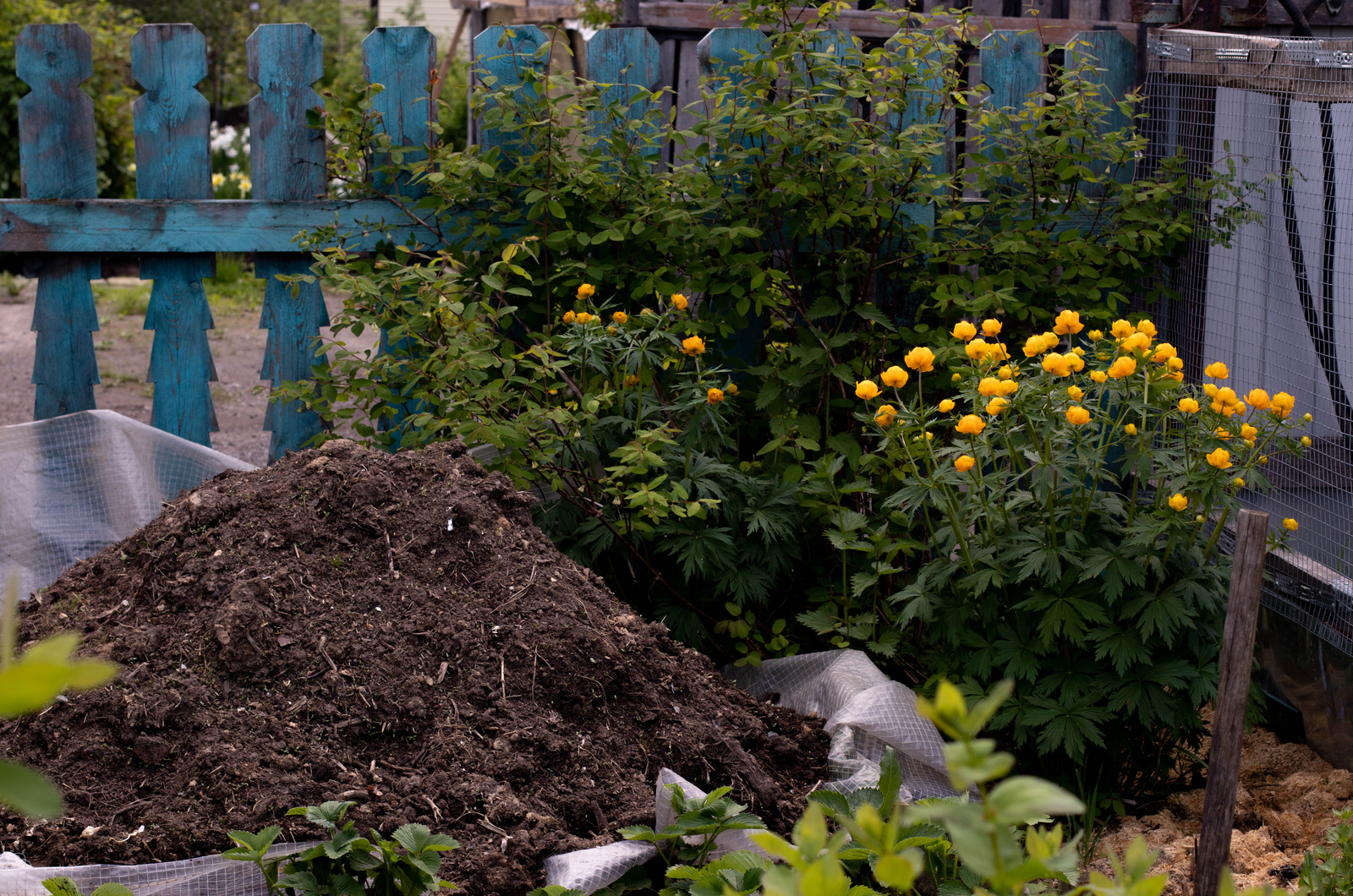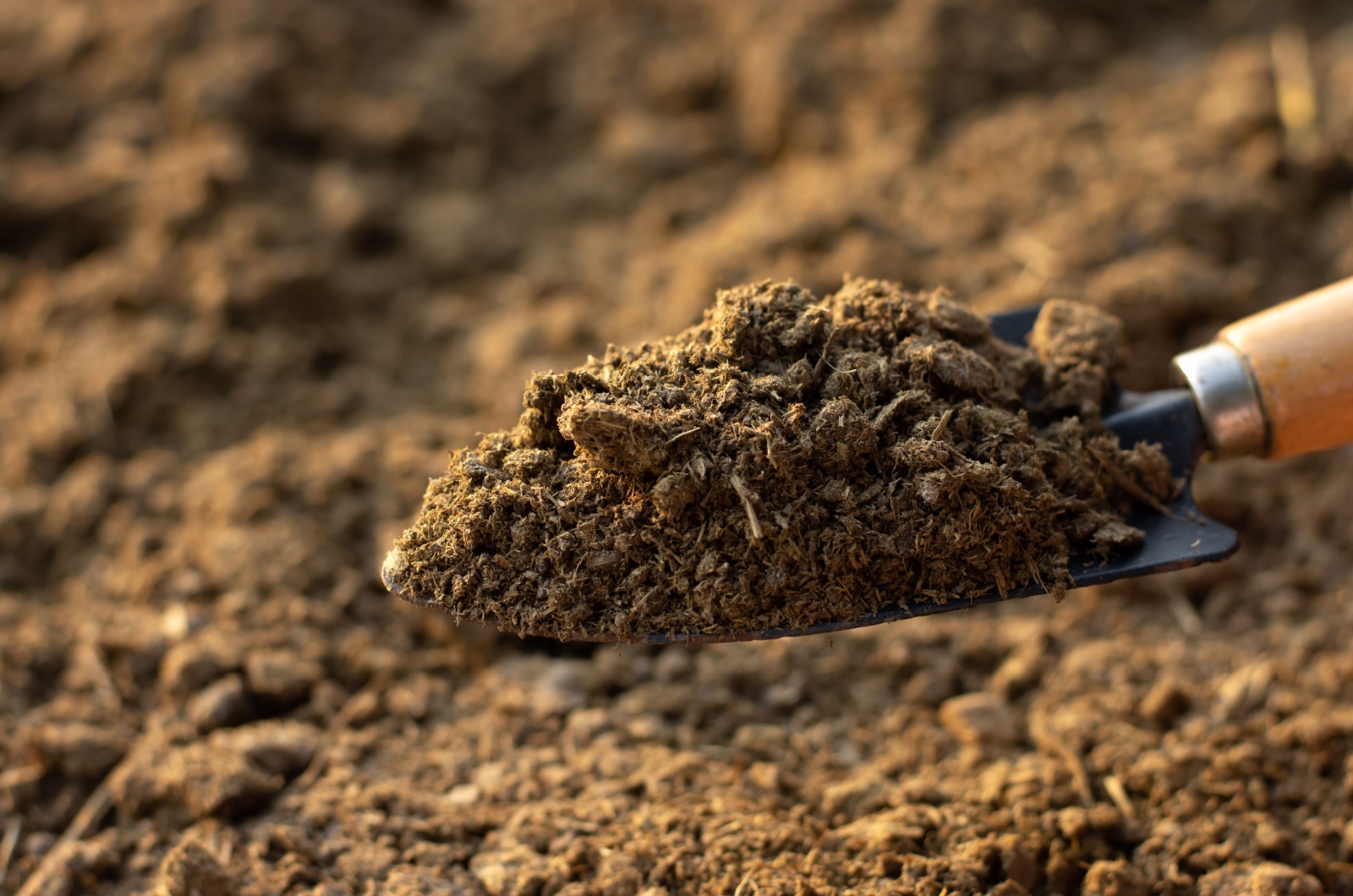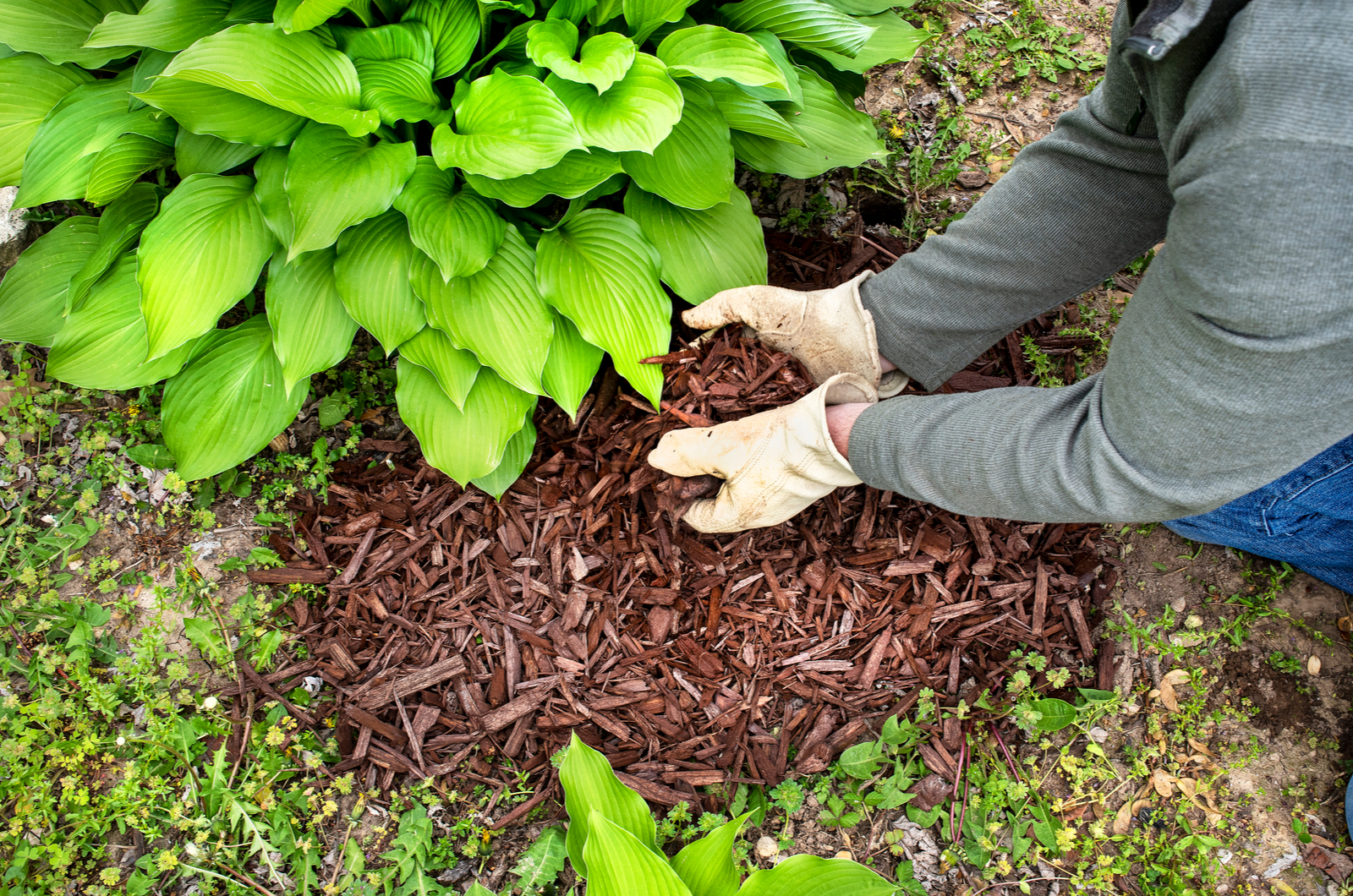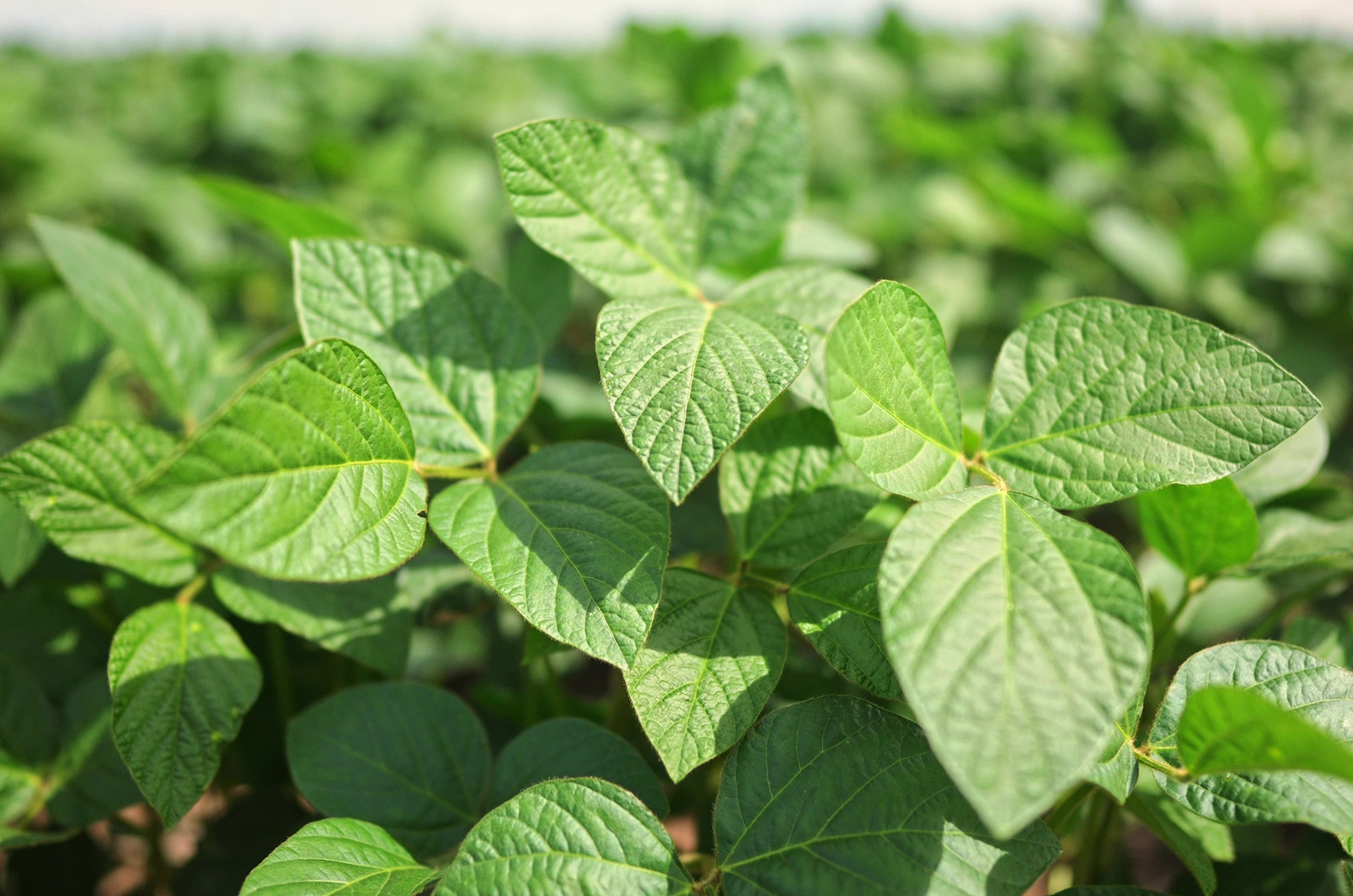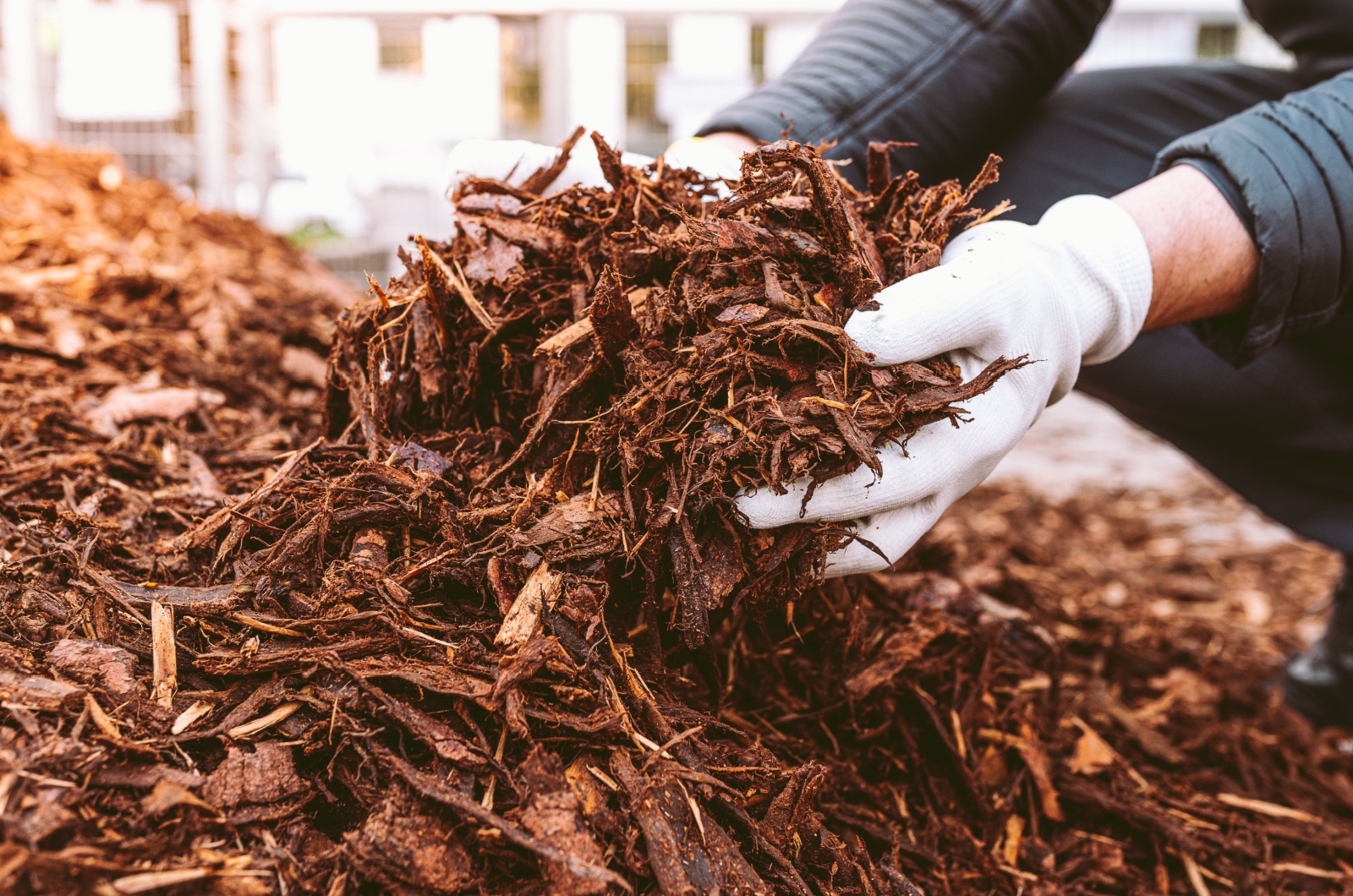One of the crucial things when it comes to successful gardening is soil health. Not many gardeners have that perfect substrate in which all plants can grow, and knowing how to improve garden soil is the key to a large harvest.
There’s always that one corner in your garden where nothing seems to grow unless you shower it with a ton of expensive fertilizers.
However, improving the soil is incredibly easy, whatever its type. Use your own compost or aged manure and you’ll see your plants thriving in no time.
P.S. Gardeners usually amend their soil in spring or fall, but don’t be sad if you’ve missed the deadline. You can do it in summer, too!
Let’s explore how!
1. Using Homemade Compost
Compost, also known as black gold, is one of the best ways to improve soil health and prepare it for the next season’s crop.
It is full of nutrients and beneficial microbes that aid decomposing organic matter. It improves drainage in clay soils and moisture-retention in sandy soils. It’s perfect!
You make it by mixing brown and green materials, such as cardboard, leaves, twigs, branches, grass clippings, kitchen scraps, etc. Add some water and turn it from time to time, until it decomposes enough to be used.
It usually takes about six months or so for the compost to be ready for use.
One way of using compost in your garden is by spreading it on top of the soil.
If you think about it, the soil in nature is rarely left uncovered for long; there’s a constant cascade of organic matter which lands on the soil and then is incorporated in it, feeding the soil life such as microbes, worms, and all the beneficial bugs that make the soil such a wonderful place to be, says Benedict Vanheems, author and gardening expert.
Since this compost is so rich in nutrients, you only need to apply it in an inch-thick layer once a year, and it will keep your soil healthy.
You can also work the compost into the garden soil, but there’s usually no need for that as earthworms will do it for you.
2. Applying Aged Manure
You can use well-rotted animal manure instead of compost and reap the same benefits.
Just like compost, it releases nutrients as it breaks down, keeping your plants fed for longer. It also improves soil structure, preventing waterlogging and quick evaporation.
If you have your own farm animals, you can let their manure rot for a couple of months and use them in your garden. The key is to age the manure so that it doesn’t burn the plants’ roots due to the high nutrient levels it contains.
Store it somewhere out of sight (and smell) and let it age. Also, you can add some manure to your compost pile.
Best manures to use for this are horse, cow, pig, goat, sheep, or chicken. You can also use rabbit droppings and straw, but always let them age. This works for all manure, regardless of the size.
You shouldn’t use cat or dog poop because it can contain bacteria that you don’t want in your soil and plants.
When buying aged manure, it has to be from a trusted source because you don’t want it contaminated with herbicides, warns Vanheems.
Cover your vegetable garden in manure over winter to keep weeds in check, feed the worms, and improve soil health for the next planting season.
3. Mulch With Wood Chips And Leaves
If your compost and manure aren’t ready to be used yet, there are some materials you can use raw, such as leaves, grass clippings, hay, straw, etc.
Just spread them onto beds, and they’ll get taken down, advises Benedict Vanheems.
Another thing you can use as mulch are wood chips. They will decompose slower than leaves, suppressing weeds for longer and reducing your garden chores.
They will also release the nutrients more slowly, feeding your plants consistently over time.
This type of mulch is perfect for fruit trees, shrubs, and bushes, but you can use it in your vegetable garden, too.
Once you decide to plant your veggies, simply push the wood chips aside, transplant the seedlings, and cover them with mulch. If you’re sowing seeds, push the mulch back in its place once the plant grows.
4. Grow Cover Crops And Green Manures
Growing plants can seriously deplete the soil of nutrients it needs to be healthy, and winter temperatures can damage it even more. One of the best ways to reverse these effects is by growing cover crops, aka green manures.
Cover crops improve their growing medium and keep it safe.
And they do that by keeping it covered so it’s shielded from the elements, by improving soil structure through their roots, and once they’re dug in or cut down, by contributing all their goodness back into the soil, says Vanheem.
Cover crops fixate nitrogen and enrich the substrate in this nutrient, and their roots help aerate the soil, which is especially important for heavy clay mediums.
There are many different varieties you can use, from clover and rye grasses to pole and bush beans and peas.
Field beans are an excellent choice for enriching the soil over winter because they’re hardy and can endure the harsh conditions. Just don’t let them flower and set bean pods, or else they’ll use that nitrogen themselves.
You can let legumes grow in the same spot for years or cut them back and dig them into the soil.
Lastly, green manures can suppress weed growth thanks to their dense foliage and prevent compaction and erosion caused by rain and wind.
5. Keep Your Soil Covered
All these tips from above have one thing in common – they all suggest keeping the soil covered.
How often do you see bare soil in nature?, asks Vanheems. Not very often, and that’s because nature tends to its own.
Vanheems mentions that bare substrates erode easily and the nutrients get washed away with the soil.
If you want to reap all the benefits nature has to offer, you should mimic it in your garden, and that means keeping your soil covered with mulch and organic matter.
Covering the substrate makes it harder for the weeds to thrive, and by using organic materials, such as compost or here leaves, you’re gradually feeding the soil, reminds Vanheems.
In return, the substrate feeds your plants and leads to a larger and healthier harvest.
After you improve your soil, you can keep it healthy by implementing the no-dig method. That means no disturbing by tilling or digging anything into it.
As we’ve already mentioned, spreading compost, manure, or organic mulch on top of it is more than enough to keep it fertile and prepared for the next growing season.
Earthworms will break down the organic matter and take it deeper into the soil where beneficial microbes will continue decomposing it.
These methods also reduce weeds because the layer of compost, manure, or mulch prevents them from emerging.

